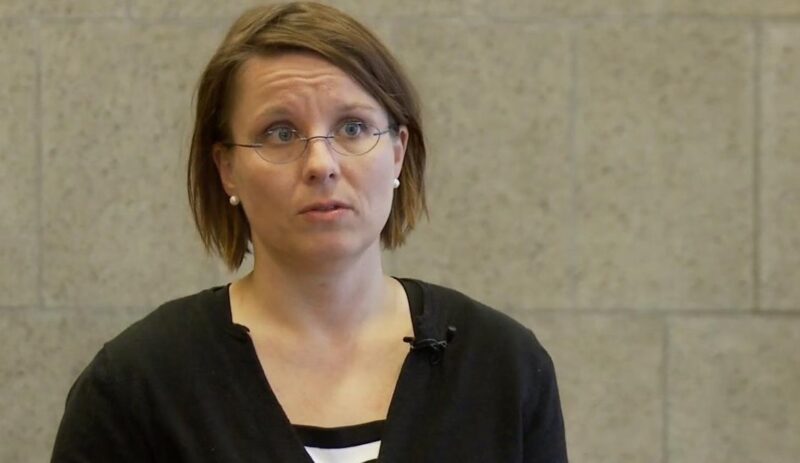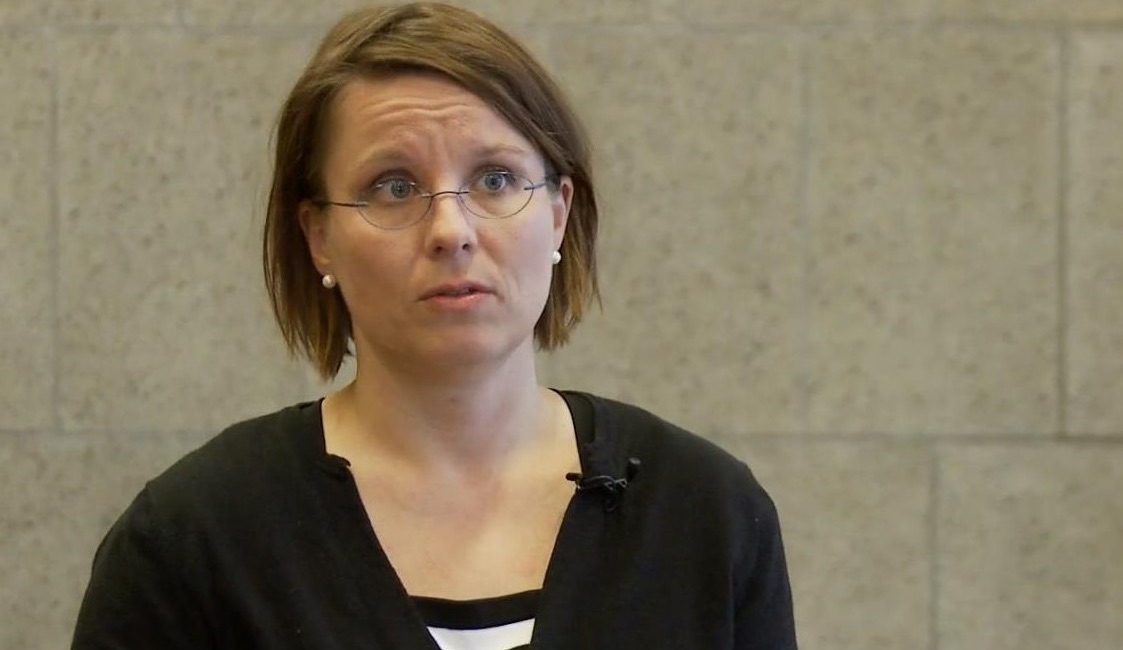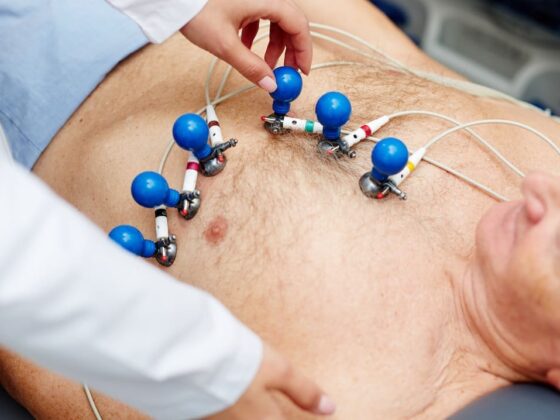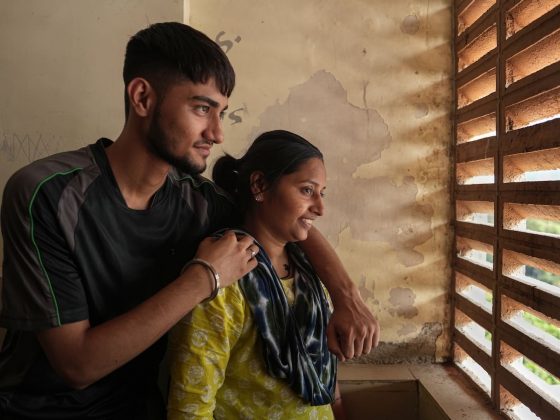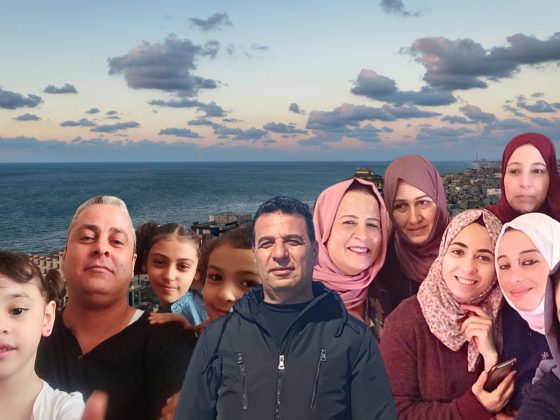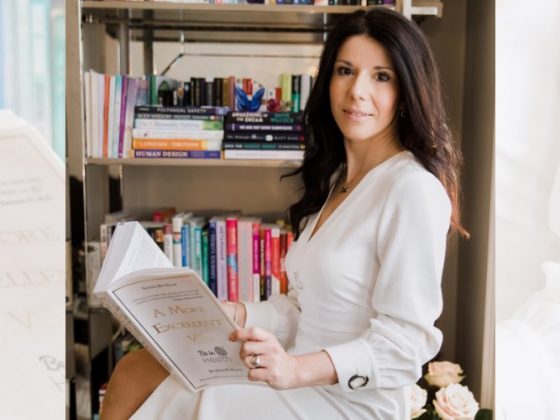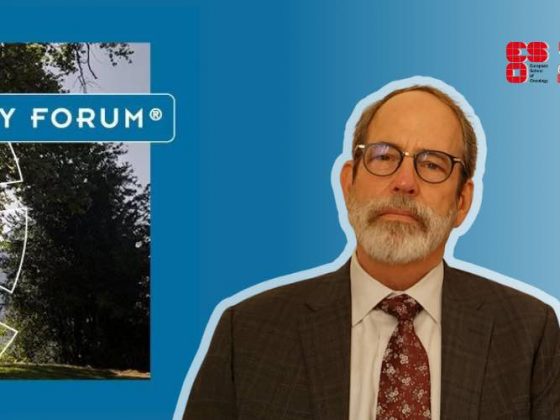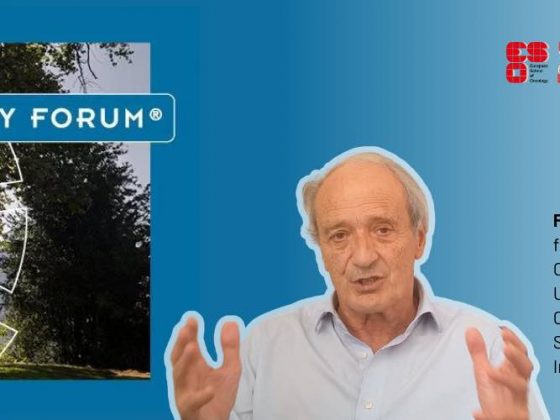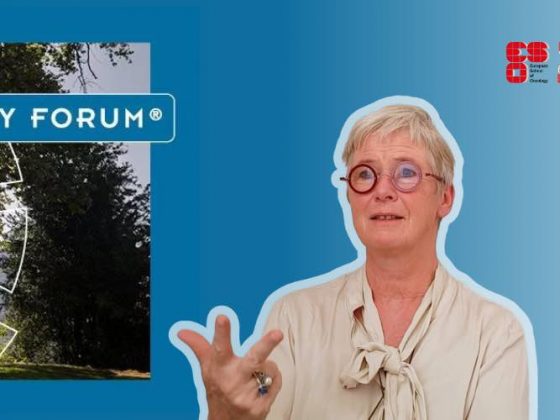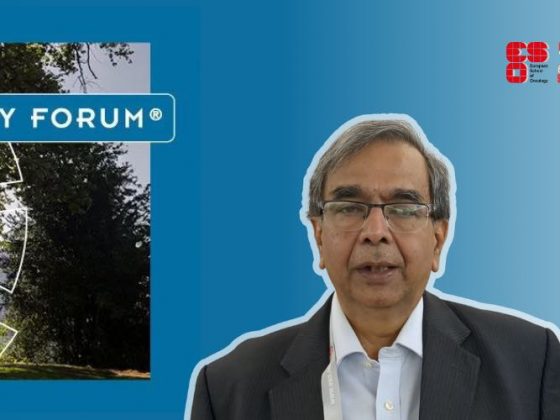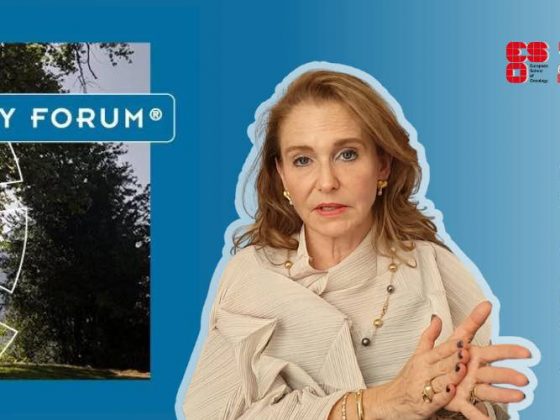Medical researcher Bettina Ryll learned about the gap between how research is done and what patients need when her husband was diagnosed with metastatic melanoma in 2011. She set up Melanoma Patient Network Europe and opened up discussions on how to better align the needs of patients and research (eg MPNE2015- the risk of NOT taking risks in Melanoma; Incorporating patient preferences into drug development and regulatory decision making). In 2019 she joined the board of the EU Cancer Mission. Here she explains why she believes that the mission approach could work for cancer.
We all have our limited space in our heads, and we see a little piece of our world and that shapes our thinking. We have to be mindful of the edges of our thinking because that limits the range of our possibilities. I often find that people think of problems in a linear way. We have our favourite problem, we target this problem, and then we start fighting with people who have other favourite problems. But none of these favourite problems correspond to the true challenge of cancer.
What we have with the Mission is not a moonshot. There is one moon; they wanted to get one person on that moon. We are trying to solve a complex set of diseases in a space that is very variable; healthcare systems vary across Europe, and there are also differences between regions in the same country. We are trying to solve a multitude of problems in a diverse setting. So there are a multitude of solutions that we need to find. Dealing with this complexity requires a systems approach to thinking ‒ we need to snap out of this linear thinking.
The next thing that I have realised is that it is very human to fall in love with your own idea. Victor Frankl, in his book Man’s Search for Meaning, makes the point that we are not our ideas ‒ there is a space between us and a stimulus, and we decide how we respond to that stimulus and this is how we generate ideas.
I am working on the Mission recommendation on personalised medicine, and I have been talking to many stakeholders, who each have their own ideas. But they often seem to fall in love with their idea, and identify with it, and don’t allow any space between their concept and themselves. So if you don’t like their idea, they think you hate them. And that’s just not a smart way to think about it.
We all need a distance to our ideas. And we don’t just need one idea, we need 10 or 20. If someone else comes with a better idea we should just adapt it; we should say ‘thanks’, and build on it and refine it. This is very important if we really want to solve this riddle of cancer.
There is some value in using the ‘man on the moon’ concept in thinking about the Cancer mission. Because if we focus on results ‒ we want to get deaths from cancer down, we want to improve quality of life ‒ it sharpens the focus of our thinking, it gives our ideas a spin, it directs our interaction, it encourages everyone to look for collaboration instead of competition. That’s the power of the mission. It helps us align our thinking in a constructive way. That is why I think the mission ‒ from the patient perspective – is so important.
But the mission is not just about concepts and approaches ‒ the mission is about work. Which means that every one of us has got a job to do. So you can ask what is someone else going to do? But in the end it is: what are you going to do? The recommendation is the easy bit, the implementation is the hard bit. Working is now what we need, not just talking.
This is an edited version of a presentation given at the European Cancer Summit 2020
Image: Frontiers Science https://blog.frontiersin.org/

